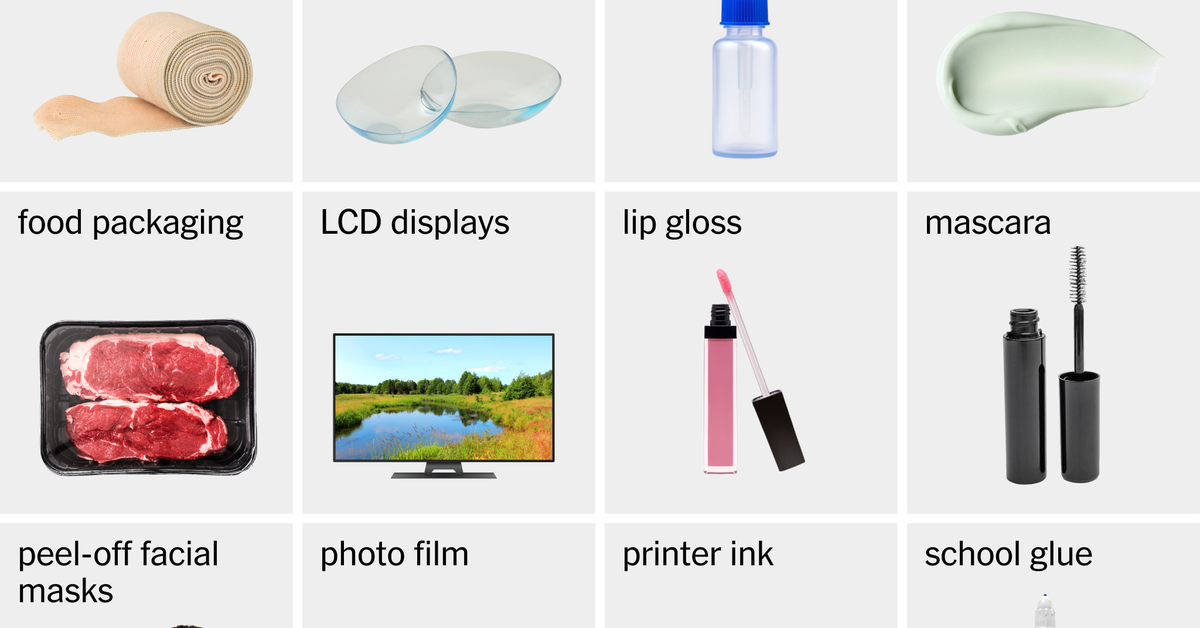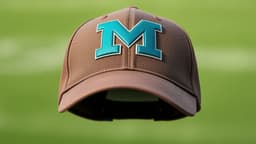Home / Health / Detergent Pods Spark Controversy: Blueland Founder Challenges "Biodegradable" Claims
Detergent Pods Spark Controversy: Blueland Founder Challenges "Biodegradable" Claims
11 Nov, 2025
Summary
- Blueland founder questions if PVA/PVOH in detergents is truly biodegradable
- Industry insiders claim studies show no PVA/PVOH detected in waterways
- Breast milk study finds one microparticle of PVA/PVOH, source unclear

As of November 11th, 2025, the debate over the safety and biodegradability of PVA/PVOH in detergent products continues. Blueland founder Sarah Paiji Yoo recently wrote in an email that the company remains concerned about the use of the term "biodegradable" to describe these ingredients.
Industry insiders claim that studies, including yet-to-be-peer-reviewed experiments by Procter & Gamble, have not detected any PVA/PVOH in waterways. However, a toxicologist at Michigan State University explains that "negative findings" like these can be challenging to publish, leaving room for marketers to sow doubt.
Blueland has used dramatic social media marketing, including an image of a laundry pod floating in breast milk, to highlight a 2022 study that detected one microparticle of PVA/PVOH in a sample of breast milk. While the source of this particle is unclear, experts suggest it may have come from other sources, not detergent pods.



